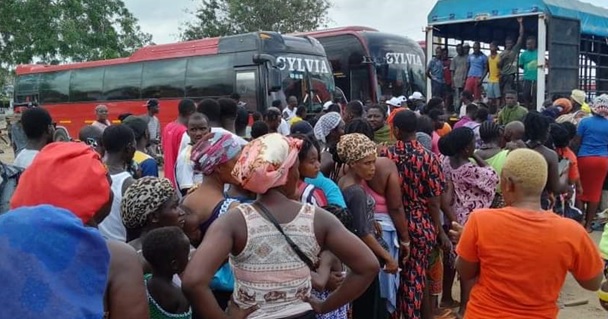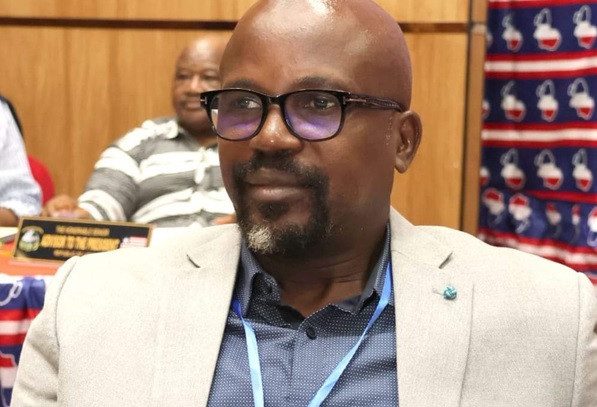MONROVIA, LIBERIA – Patrick Worzie, the Executive Director of the Liberia Refugee Repatriation and Resettlement Commission (LRRRC), has sounded an alarm regarding the dire situation facing Liberians repatriated from the Buduburam camp in Ghana. Worzie revealed that an alarming 80 percent of returnees are grappling with drug addiction, highlighting the urgent need for immediate intervention.
Speaking at the regular press briefing of the Ministry of Information, Cultural Affairs, and Tourism on Tuesday, May 28, 2024, Director Worzie outlined the challenges confronting these repatriated citizens. Among them are 15 individuals suffering from severe mental illness, 16 pregnant women, 115 parentless children, and 300 individuals lacking family support. These distressing statistics underscore the complex and multifaceted nature of the humanitarian crisis.
“The majority of repatriated Liberians are battling severe drug addiction, and a significant number suffer from mental illness,” Worzie emphasized. “This situation demands urgent attention and resources to provide necessary care and rehabilitation.”
Worzie issued a call to international and local partners to rally behind the LRRRC’s ongoing resettlement efforts. He stressed the importance of collaborative endeavors to address the immediate needs of these vulnerable populations and facilitate their successful reintegration into society.
“We urgently require the support of our partners to deliver medical care, psychological support, and essential necessities for these individuals. While our resettlement efforts are crucial, we cannot achieve success alone,” Worzie appealed.
The LRRRC’s plea for assistance arises amidst mounting concerns regarding the social and economic ramifications of the repatriation process. The Commission is diligently working to establish a comprehensive support system encompassing drug rehabilitation programs, mental health services, and family reunification initiatives.
Worzie reaffirmed the LRRRC’s unwavering commitment to ensuring that all repatriated Liberians receive the care and support necessary to rebuild their lives. He emphasized that addressing the immediate health and welfare needs of these individuals is pivotal to fostering long-term stability and integration.
“The future prospects of these individuals hinge on the support we mobilize today. It is imperative that we act swiftly to provide a safe and nurturing environment for their recovery and successful reintegration,” Worzie concluded.
The LRRRC continues to exert tireless efforts to secure the requisite resources and partnerships needed to address this pressing issue. The Commission urges all stakeholders to join forces in the collective endeavor to support repatriated Liberians and facilitate their transition to a stable and healthy life.







